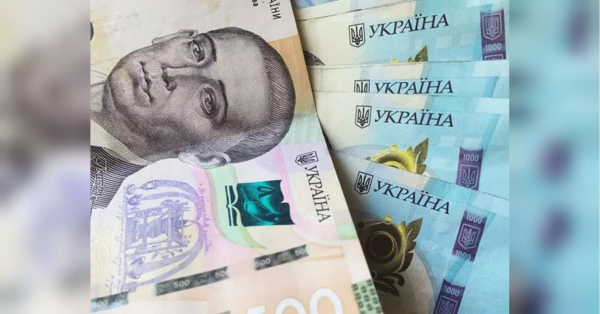
FRANKFURT, Germany — Inflation eased only slightly in the 20 countries that use the euro currency as the pain from higher costs for food and fuel persists and gives the European Central Bank no reason to slow interest rate increases aimed at getting prices back under control.
The consumer price index reached 8.5% in February compared with a year earlier, a drop from 8.6% in January, the European Union's statistics agency Eurostat said Thursday. The figure was higher than analysts' expectations of 8.3%.
Inflation is down from its peak of 10.6% in October but its persistence has surprised economists, with figures from Germany, France and Spain coming in higher than expected this week.
Prices for food, alcohol and tobacco rose 15%, up from an already painful 14.1% in January, outpacing even energy costs amid Russia's war in Ukraine. Energy prices grew 13.7% from a year ago but were lower than the 18.9% boost in January.
Higher prices for natural gas, used to heat homes, run industrial processes and generate electricity, have been a key factor pushing inflation higher across the economy. Russia cut off most supplies to Europe last year as it pressured governments over their support for Ukraine.
While natural gas prices have fallen as a mild winter reduces demand for heating, it will take months for that drop to work its way through to lower bills for consumers. Meanwhile, higher prices have led to workers demanding higher pay in wage negotiations, often through strikes and protests that have swept Europe.
More alarming than the headline figure was core inflation, which excludes volatile food and energy prices and can give a better sense of whether inflation is being baked into the economy over the longer term. That figure rose to 5.6% from 5.3%.
“February’s increase in core inflation will reinforce ECB policymakers’ conviction that significant rate increases are needed,” Jack Allen-Reynolds, deputy chief eurozone economist at Capital Economics, wrote in an email.
European Central Bank President Christine Lagarde already has indicated the bank will raise interest rates by another large half-percentage point at its March 16 meeting. The bank is trying to bring down inflation to its target of 2% considered best for the economy.
Higher central bank interest rates make car loans, mortgages and credit card borrowing more expensive, a move to cool off spending and demand for goods.
The U.S. Federal Reserve and other central banks around the world are taking the same actions to combat inflation as demand roared back from the COVID-19 pandemic and Russia's invasion crunched food and energy supplies.
In the U.S., inflation slowed in January for the seventh straight month to an annual 6.4%, but a sharp increase in the monthly figure indicated inflation remains stubborn. That raises the possibility of more rate hikes that can make the possibility of recession more likely.
The eurozone economy, which expanded a bare 0.1% in the last three months of 2022 over the previous quarter, has shown recent signs of somewhat stronger growth, in part due to government spending on support for hard-hit consumers and businesses.
Economist Allen-Reynolds forecast a half-point increase at both the bank’s March and May meetings and added that “further hikes at later meetings now look increasingly likely.”
Sourse: abcnews.go.com






